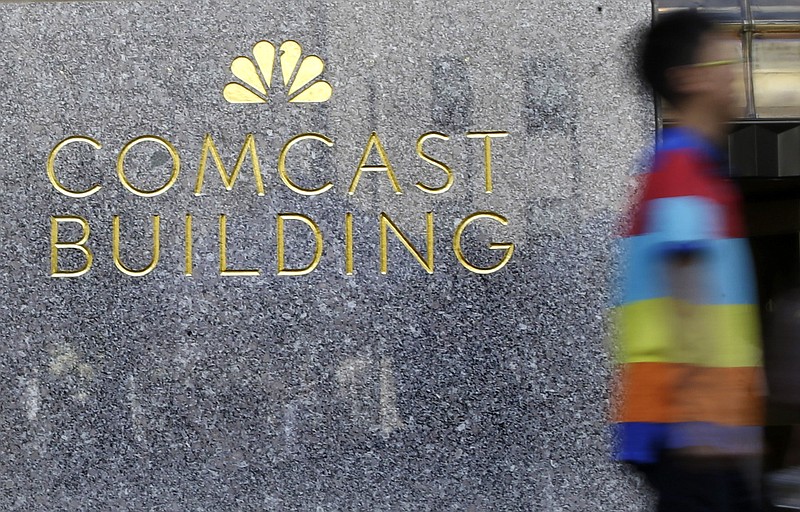Tennessee is suing to stop communities like Chattanooga from extending high-quality, low-cost broadband service to Tennesseans. Your tax dollars are going to lawyers who are working to keep Tennessee on the wrong side of the digital divide.
This isn't just an abstract issue. Recently, my parents received an offer on their Knoxville home from an engineer who worked a significant portion of his time from home. When the prospective buyer found out that no company offered broadband to the home, the deal fell through. Eventually my parents sold the house but for $27,000 less than the first buyer had offered.
Broadband simply isn't available in my parents' former neighborhood. Comcast, Charter and AT&T all refuse to offer the service there.
Some communities, when faced with similar refusals, take the initiative to build their own broadband networks. Chattanooga is one such community.
Once Chattanooga built its own fiber network, the citizens got blazing-fast Internet access at very affordable prices.
For comparison, in Knoxville Comcast charges $115 per month for its 105Mbps package. Chattanoogans get literally 10 times faster than that for $45 a month less.
That's why cable and phone companies are working hard to stop community broadband. According to opensecrets.org, in 2014 the top cable companies spent more than $40 million on political lobbying on the federal level alone, and that's not even including campaign contributions. These companies spend a lot of money to pass laws limiting competition, just like the 1999 Tennessee law putting restrictions on community broadband.
Chattanooga asked the Federal Communications Commission to set aside that blatantly anti-competitive law.
The FCC granted the city's request, which means Chattanooga can now expand its network to serve surrounding homes, many of which are like my parents' house - unserved by the big telecoms. But the state of Tennessee is suing to stop that expansion, ensuring that some citizens will go without broadband at all.
The Tennessee attorney general calls this a states' rights issue. But that, to borrow a phrase from a certain conservative Supreme Court Justice, is gobbledygook.
It's the height of hypocrisy for the attorney general to claim in one breath that the feds are trampling on the state's rights, then turn right around and trample on the rights of local citizens to build their own networks in order to supply broadband to areas that the telecoms often refuse to serve anyway.
The bigger question is: "How much do you love your cable company?"
Would you donate money to its legal teams in order to ensure that it can continue to overcharge you for relatively slower, and poor, service? That $40 million the company spent on lobbying came from you and me. And then there's the decrease in property values that the lack of broadband causes.
And as if that wasn't enough, Tennessee is now using our hard-earned tax dollars to hire one of the country's largest telecom lobbying and law firms, Wiley Rein, to represent the state in its lawsuit. We're paying insider Washington lawyers with our tax dollars to represent Comcast, Charter and AT&T's interests against ours.
It's time for Tennessee to stop doing the telecom industry's dirty work. It's time for the state to start favoring its own citizens over Comcast, Charter, AT&T and the rest of that lot.
Matthew Friedman grew up in Oak Ridge and now lives in Los Angeles.
